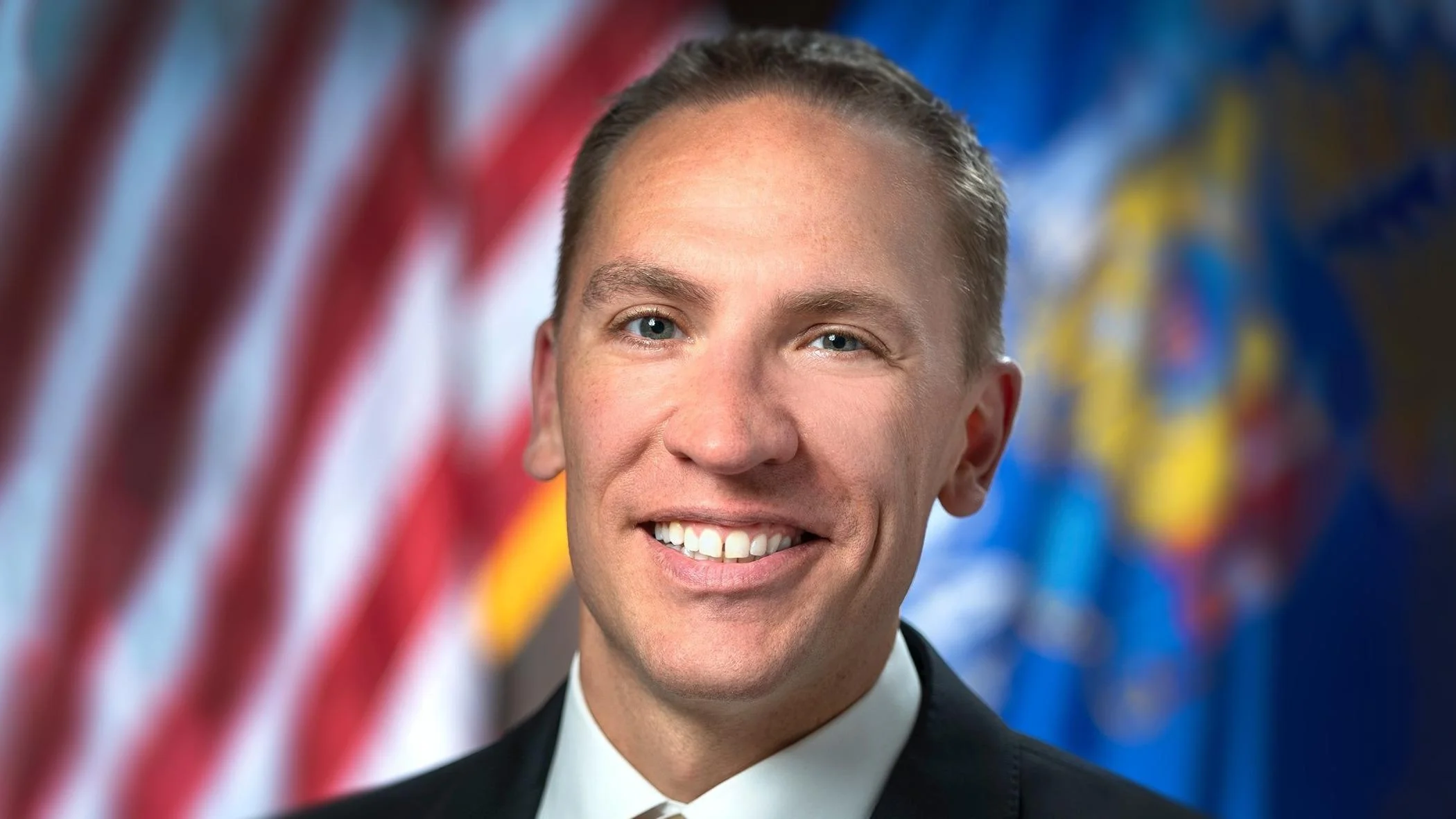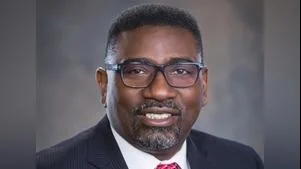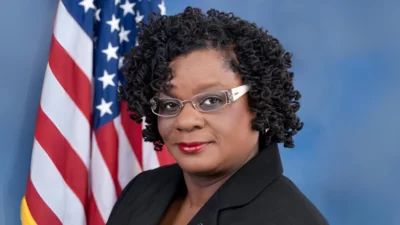Christopher J. Larson, Wisconsin State Senator for 7th District | Facebook
Christopher J. Larson, Wisconsin State Senator for 7th District | Facebook
According to the Wisconsin State Legislature's official website, the bill was described as follows: "requiring vehicles to stop for pedestrians at certain intersections and crosswalks".
The following is our breakdown, based on the actual bill text, and may include interpretation to clarify its provisions.
In essence, this bill mandates that vehicle operators must stop and remain stopped for pedestrians, personal delivery devices, bicyclists, and riders of electric scooters or electric personal assistive mobility devices at intersections or crosswalks until these entities have fully crossed the roadway. Previously, drivers were only required to yield the right-of-way by slowing down or stopping if necessary to avoid endangering or interfering. The provision applies to both controlled intersections with traffic signals and uncontrolled ones. Additionally, the bill specifies that no abrupt crossing into a vehicle’s path by pedestrians or delivery devices is allowed if it would make it difficult for the vehicle to stop. This change will be effective for offenses committed from the bill's enactment date.
The bill was co-authored by Representative Lee Snodgrass (Democrat-52nd District), Senator Tim Carpenter (Democrat-3rd District), Senator Kristin Dassler-Alfheim (Democrat-18th District), Senator Dianne H. Hesselbein (Democrat-27th District), and Senator Melissa Ratcliff (Democrat-16th District). It was co-sponsored by Representative Clinton M. Anderson (Democrat-45th District), Representative Mike Bare (Democrat-80th District), and Representative Brienne Brown (Democrat-43rd District), along with 20 other co-sponsors.
Chris Larson has authored or co-authored another 61 bills since the beginning of the 2025 session, with all of them being adopted.
Larson graduated from the University of Wisconsin, Milwaukee in 2007 with a BA.
Larson, a Democrat, was elected to the Wisconsin State Senate in 2011 to represent the state's 7th Senate district, replacing previous state senator Jeffrey Plale.
In Wisconsin, the legislative process starts when a senator, constituent, group, or agency proposes an idea for a bill. After drafting, the bill is introduced, numbered, and referred to a committee for review and public input. If approved, it moves through three readings and votes in both the Senate and Assembly. Once both chambers pass the same version, the bill goes to the governor, who can sign it, veto it, or let it become law without a signature. Only a small share of bills introduced each session ultimately become law. You can learn more about the Wisconsin legislative process here.
| Bill Number | Date Introduced | Short Description |
|---|---|---|
| SB345 | 06/27/2025 | Requiring vehicles to stop for pedestrians at certain intersections and crosswalks |
| SB344 | 06/27/2025 | A refundable income tax credit for bicycle purchases and making an appropriation. (FE) |
| SB343 | 06/27/2025 | Requiring bicycle and pedestrian facilities in highway projects and granting rule-making authority. (FE) |
| SB330 | 06/19/2025 | Waiting period for purchase of handguns |
| SB329 | 06/19/2025 | Extreme risk protection temporary restraining orders and injunctions, making an appropriation, and providing a penalty. (FE) |
| SB319 | 06/12/2025 | Designating the rusty patched bumble bee as the state native insect |
| SB314 | 06/04/2025 | The pupil participation limit in the state parental choice program |
| SB233 | 04/29/2025 | Inducements to sign or refrain from signing nomination papers, recall petitions, and certain other petitions |
| SB165 | 03/27/2025 | Eliminating daylight saving time in Wisconsin |
| SB150 | 03/21/2025 | Passing legislation to reduce carbon emissions |
| SB149 | 03/21/2025 | Requiring the legislature to convene an extraordinary session if an executive order of the president of the United States freezes federal aid to the state |






 Alerts Sign-up
Alerts Sign-up